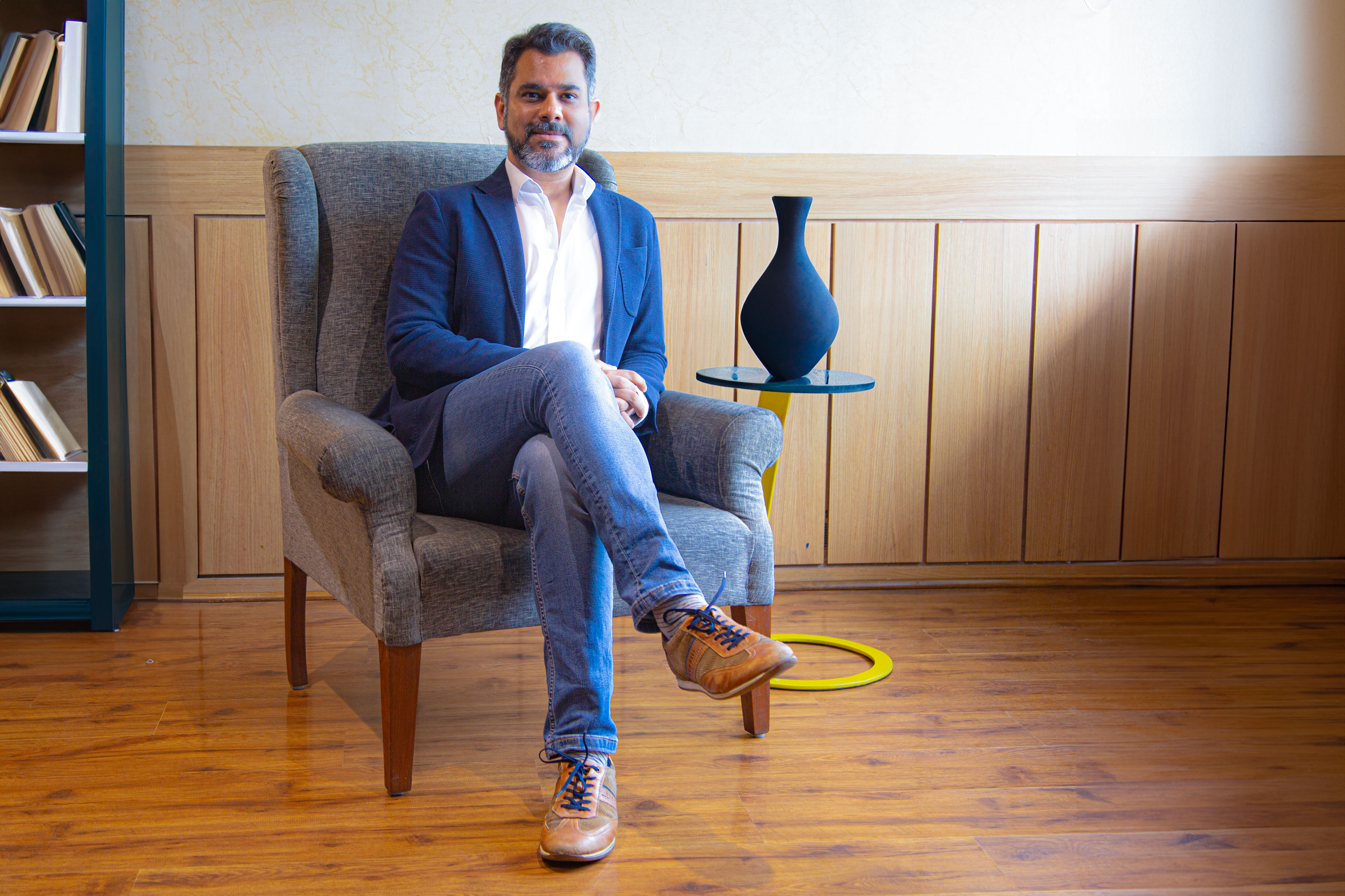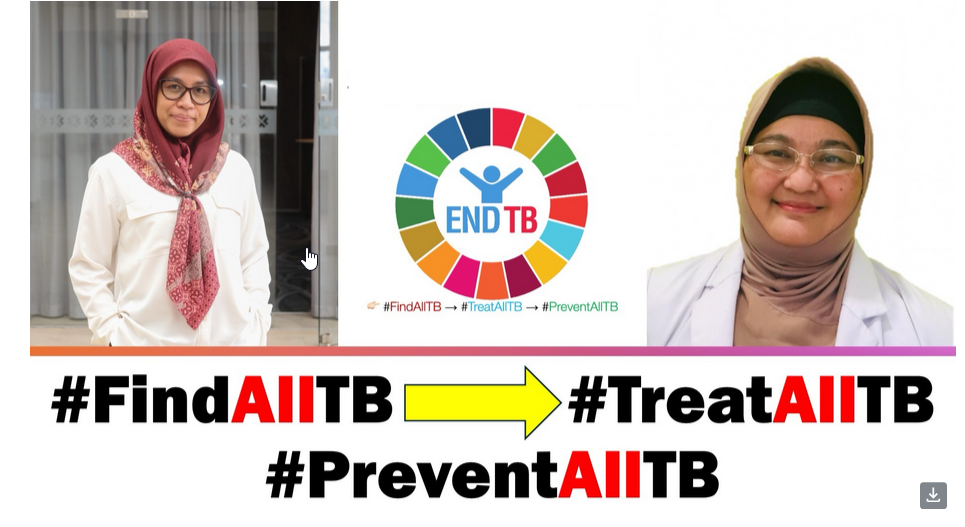In the battle against cancer, innovation continues to rewrite the rules. A study has revealed that a common dietary shift could potentially amplify the effectiveness of CAR-T cell therapy, one of the most advanced treatments for blood cancers. Conducted by researchers at the University of Pennsylvania and Penn Medicine’s Abramson Cancer Centre, this revelation, presented at the 66th American Society of Hematology (ASH) Annual Meeting, could change how we approach cancer care in the future.
CAR-T cell therapy is an advanced form of immunotherapy designed to treat certain blood cancers. It works by reprogramming a patient’s own immune cells to target and destroy cancer cells. These cells, known as CAR-T cells, are extracted from the patient, genetically modified to attack cancer, and then infused back into the body.
This therapy has shown incredible success in treating blood cancers like large B-cell lymphoma. However, despite its potential, CAR-T cell therapy has its limitations, including variable efficacy and side effects. The recent study sheds light on how dietary changes might boost the therapy’s performance, offering new hope to patients worldwide.
The researchers investigated how dietary factors influence CAR-T cell function, focusing on the ketogenic diet, or keto diet. This popular high-fat, low-carbohydrate diet triggers a metabolic state known as ketosis, where the body burns fat for energy instead of carbohydrates.
When the body is in ketosis, it produces ketones, including a molecule called beta-hydroxybutyrate (BHB). This study found that BHB enhances the energy efficiency of CAR-T cells, improving their ability to identify and destroy cancer cells.
In traditional metabolism, the body primarily uses glucose derived from carbohydrates as its energy source. However, glucose is not the most efficient fuel for CAR-T cells. The study revealed that BHB, a byproduct of the keto diet, serves as a more effective energy source, allowing CAR-T cells to function with greater power and endurance.
In experiments with mice, researchers observed remarkable results. Mice on a ketogenic diet exhibited stronger CAR-T cell activity, leading to the near-complete elimination of cancer in most cases. Remarkably, even supplementing the diet with BHB alone had similar effects, highlighting its potential as a powerful aid in cancer treatment.
What This Means for Cancer Patients?
The implications of this research are profound. If clinical trials in humans yield similar results, integrating a keto diet or BHB supplements into cancer care could provide a low-cost, low-risk way to enhance CAR-T therapy.
The current clinical trials focus on patients with large B-cell lymphoma, exploring whether BHB supplementation can replicate the promising outcomes observed in mice. If successful, this approach could significantly improve treatment outcomes, especially for patients with limited options.
The ketogenic diet is already well-known for its benefits in weight management and metabolic health. It involves drastically reducing carbohydrate intake while increasing the consumption of fats. Common keto-friendly foods include:
Meats (chicken, beef, pork)
Fish (salmon, mackerel)
Eggs
Nuts and seed
Dairy products (cheese, butter, cream)
Healthy oils (olive oil, coconut oil)
Foods to avoid include bread, rice, sugary snacks, starchy vegetables, and processed foods. The diet shifts the body’s energy dependence from glucose to fat, producing ketones as an alternative energy source.
The researchers conducted a dual-phase study. First, they examined blood samples from cancer patients and healthy individuals, confirming that higher BHB levels correlated with enhanced CAR-T cell activity.
Next, they tested the hypothesis in mice with blood cancer. The mice on a keto diet showed superior responses to CAR-T therapy compared to those on a regular diet. These results were mirrored when mice received direct BHB supplements, underscoring the potential of this molecule in enhancing cancer treatments.
While the study offers hope, the researchers caution against premature conclusions. Clinical trials in humans are still ongoing, and more evidence is needed to confirm the safety and efficacy of this approach.
Dr. Maayan Levy, one of the study’s leading researchers, emphasized the importance of rigorous clinical testing before making dietary recommendations. “While the early results are promising, we must ensure that this strategy is safe, effective, and replicable in diverse patient populations,” she said.
If proven successful, the integration of dietary strategies or BHB supplementation into cancer care could revolutionize treatment protocols. This approach could:
1. Enhance the efficacy of CAR-T therapy.
2. Reduce treatment costs by leveraging an affordable supplement.
3. Minimize side effects associated with traditional cancer therapies.
Moreover, this discovery highlights the power of nutrition in influencing medical outcomes, opening new avenues for research in diet-based adjunct therapies.
The study not only holds promise for individual patients but also for global cancer care. Cancer remains one of the leading causes of death worldwide, and innovative, accessible treatments are urgently needed.
By incorporating a simple dietary element, this research could democratize access to advanced therapies, particularly in resource-limited settings where cutting-edge treatments like CAR-T are not readily available.
As exciting as this discovery is, it’s essential to approach it with cautious optimism. The keto diet and BHB supplements may not be suitable for everyone, particularly those with underlying health conditions or dietary restrictions.
Patients considering dietary changes or supplements should consult their healthcare providers. Cancer treatment is complex, and any adjunctive therapy must be tailored to individual needs and circumstances.
The research highlights the untapped potential of combining advanced medical therapies with strategic dietary interventions. If further trials confirm these findings, the keto diet and BHB supplements could become essential tools in the fight against cancer, offering hope to millions worldwide.
As the scientific community continues to explore this promising avenue, one thing is clear: the future of cancer care lies at the intersection of innovation, nutrition, and holistic health approaches. By harnessing the body’s natural mechanisms, we may be on the brink of a new era in cancer treatment where victory over this devastating disease feels closer than ever before
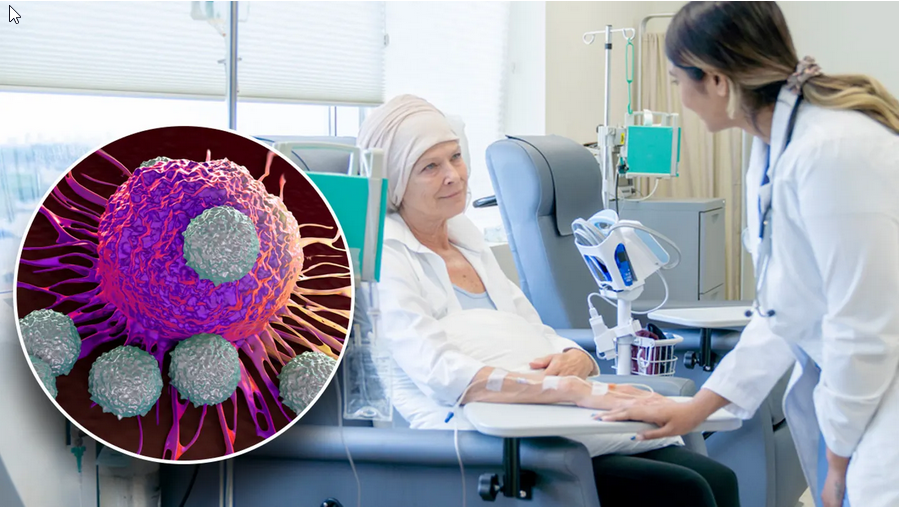
 As the scientific community continues to explore this promising avenue, one thing is clear: the future of cancer care lies at the intersection of innovation, nutrition, and holistic health approaches.
As the scientific community continues to explore this promising avenue, one thing is clear: the future of cancer care lies at the intersection of innovation, nutrition, and holistic health approaches.










.jpeg)


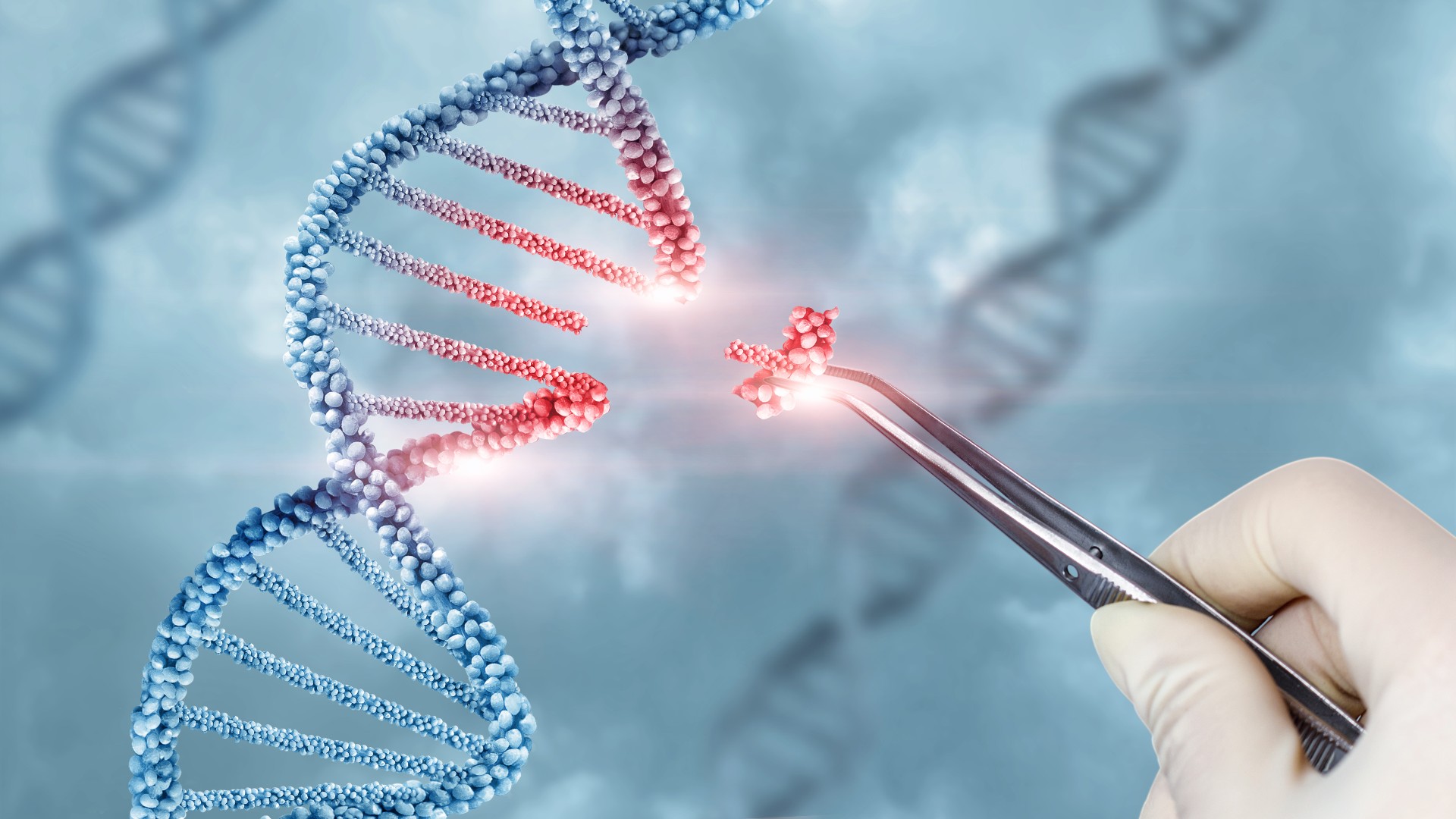

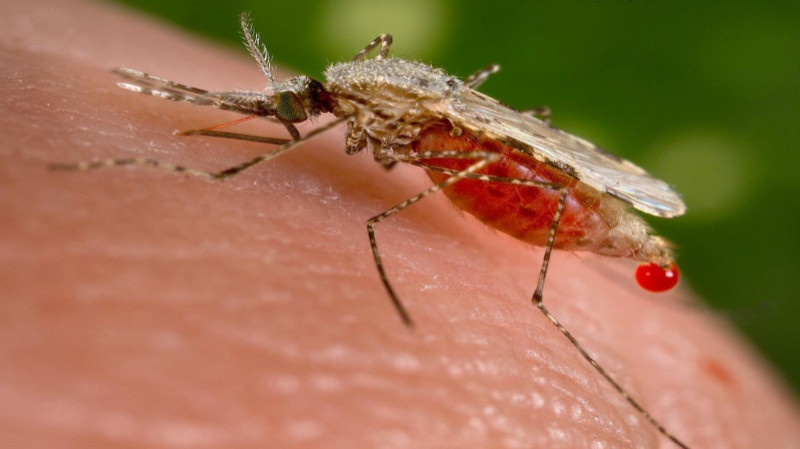
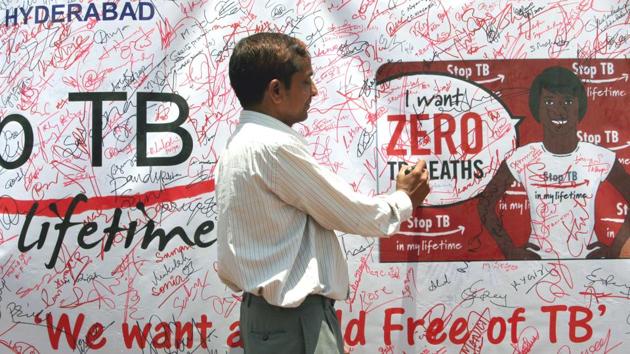

.jpg)


